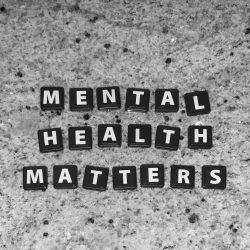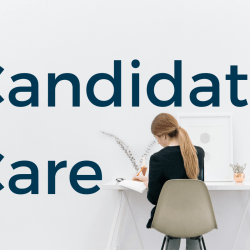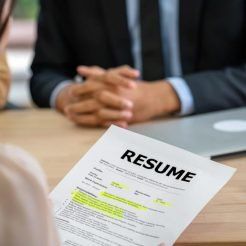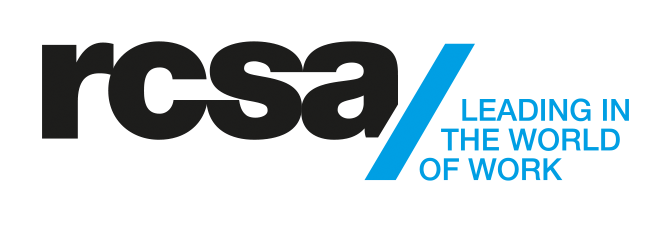What is an acceptable travel time to and from work?
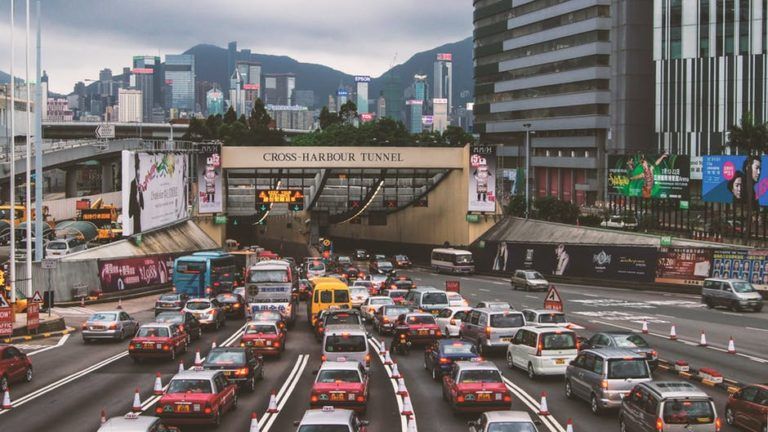
When you move from a city where the average travel time is normally 40 minutes or less, moving to Sydney can often be a game changer. In Sydney, ‘down the road’ can often mean a thirty to forty-minute or more drive when travelling to work.
Moving from little Auckland in New Zealand to Sydney really opened my eyes to the importance of where you live and travelling to work regardless of whether you drive or take public transport.
From my personal experience, travelling no more than an hour to work is what I would consider a reasonable timeframe.
9 in 10 Australians spend more than 90 minutes a day commuting. In an address to the annual State of the Nation conference hosted by the Committee for Economic Development of Australia, Opposition Leader Bill Shorten referred to an estimate that traffic congestion would cost the Australian economy $53 billion by 2031. He stated that the distance between where Australians live and work was growing fast and this was affecting the quality of life and the amount of time families spent with each other.
We all know the importance of sleep and without a good night’s sleep you will not be able to reach your full potential at work. Therefore, I would suggest organising a daily schedule that will be reasonable for an everyday 10-12 hour day.
A day that will include extra activities you enjoy, a social life and accommodate any other priorities you may have. This could possibly help you decided whether or not time spent traveling more than an hour to and from work is manageable.
“Most of the new jobs are within 10km of our CBDs. Yet most of our population growth is occurring in our outer suburbs, more than 20km from the CBD,” Bill Shorten stated.
Many people have to travel ridiculous times to get to and from work; it also comes down to the public infrastructure and the amount of money governments invest in public transport.
A colleague of mine lives in Picnic Point, a south-eastern suburb near Georges River. Her closest bus stop is a twenty-minute walk from her home; her closest train station is a forty-minute walk. The buses are infrequent and come every half hour or forty-five minutes. On average it takes my colleague around an hour to an hour and a half to reach work or home.
As someone who moved from New Zealand, my colleague is an eye-opening snapshot into the daily struggle that many people in the busy and bustling city of Sydney.
- Catherine Ali, Recruitment Consultant
Click here and follow us on our LinkedIn page

